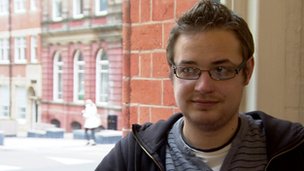NATO AIR
Senior Member
looks like the slavery of the 21st century is rejuvinating one of the most wonderful callings in history: abolitionist.
notice how abortion rights and anti-abortion forces are working together. how inspiring that they can move beyond rhetoric and unite to save lives and free slaves (traffick victims).
i am ashamed to say that here in japan, many American and Japanese servicemen contribute to this shameful practice by paying for sex with trafficked girls from the Phillipines, Burma, Columbia, Vietnam and Cambodia.
http://news.yahoo.com/news?tmpl=story&u=/ap/20040915/ap_on_go_ca_st_pe/the_new_abolitionists_2
notice how abortion rights and anti-abortion forces are working together. how inspiring that they can move beyond rhetoric and unite to save lives and free slaves (traffick victims).
i am ashamed to say that here in japan, many American and Japanese servicemen contribute to this shameful practice by paying for sex with trafficked girls from the Phillipines, Burma, Columbia, Vietnam and Cambodia.
http://news.yahoo.com/news?tmpl=story&u=/ap/20040915/ap_on_go_ca_st_pe/the_new_abolitionists_2



